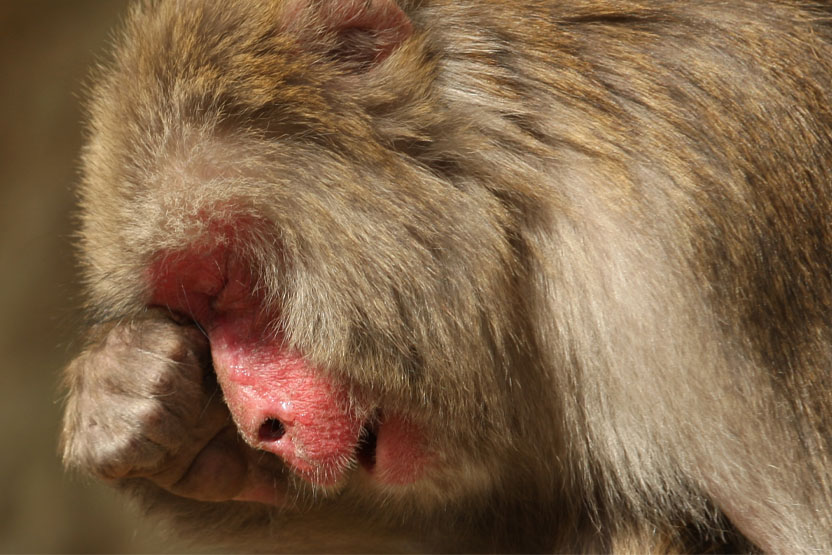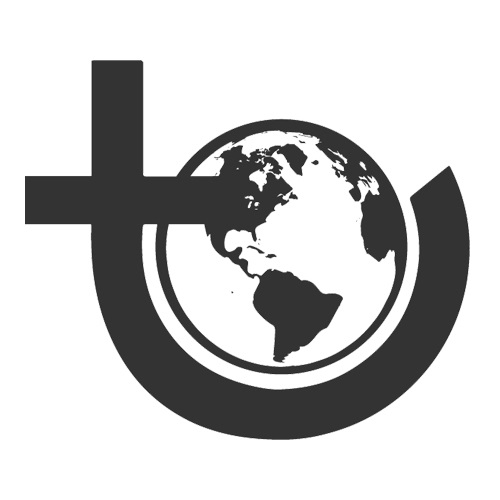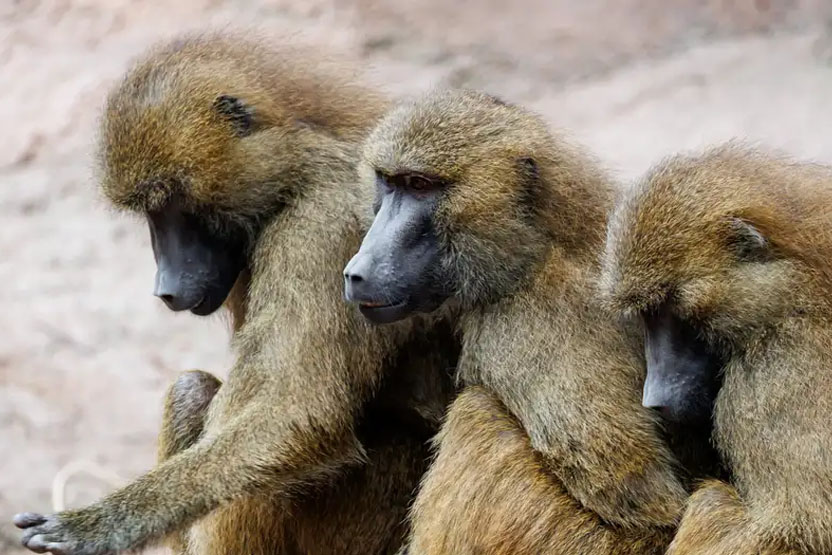
Today marks World Primate Day, an occasion meant to honor our closest relatives in the animal kingdom and to reflect on the ethical responsibility we hold toward them. Yet this year’s commemoration is overshadowed by the shocking events in Germany, where twelve Guinea baboons were killed at Nuremberg Zoo on July 29. The incident has sparked outrage among animal welfare advocates and reignited the debate on the rights of primates, the ethics of their breeding, and the continued use of their bodies for so-called scientific purposes.
The zoo justified the killing by pointing to overcrowding: forty-three baboons were living in an enclosure designed for barely half that number. Instead of halting breeding, the zoo announced that it would continue reproducing the animals, ostensibly in the name of species conservation. But the director himself admitted that this approach would mean “potentially infinitely many animals” needing to be given away or killed in the future. The logic of conservation is turned upside down when protecting a species translates into systematically eliminating individuals.
On July 29, a zoo in Nuremberg, Germany, killed twelve baboons that were considered surplus and fed their bodies to the zoo's lions
Animal rights organizations have fiercely criticized this reasoning. The German Legal Society for Animal Protection Law insists that creating a breeding surplus is not a valid excuse for killing, calling the practice a criminal offense. Doctors Against Animal Experiments have drawn a troubling parallel with the fate of millions of laboratory animals—bred in excess for research, only to be discarded when they are deemed unnecessary. In 2023 alone, more than 1.3 million animals in Germany were killed as so-called “surplus” in the animal testing system.
The manner in which the baboons were treated further highlights the contradictions at play. Although killed under anesthesia, their bodies were not simply disposed of. Tissue samples, including their skulls and brains, were collected for unspecified scientific projects, while the remains were used to feed carnivores at the zoo. Such “utilization” is often invoked as a justification under German law, which requires a “reasonable cause” for killing vertebrates. Yet the scientific value of such tissues is dubious at best, particularly given the availability of non-animal research methods that are not only more humane but also more accurate.
What makes this incident particularly disturbing is that it may not remain an isolated case. A recent article in a professional journal, co-authored by the director of Nuremberg Zoo along with staff from other German zoos, openly discussed the practice of killing surplus animals—including monkeys—as part of zoo management. This suggests that similar killings may already be occurring elsewhere, shielded from public view.
The tragedy of the twelve baboons illustrates the deeper problem: as long as zoos and laboratories continue to breed primates in excess, their lives will be reduced to numbers in a system that treats them as expendable resources. On World Primate Day, it is not enough to condemn a single event. What is urgently needed is a shift in perspective—one that recognizes the intrinsic rights of primates to live free from unnecessary suffering, and that embraces modern alternatives to their exploitation. Ending the cycle of overbreeding and killing is not merely an ethical imperative; it is a measure of our own humanity.



Comment
Reply